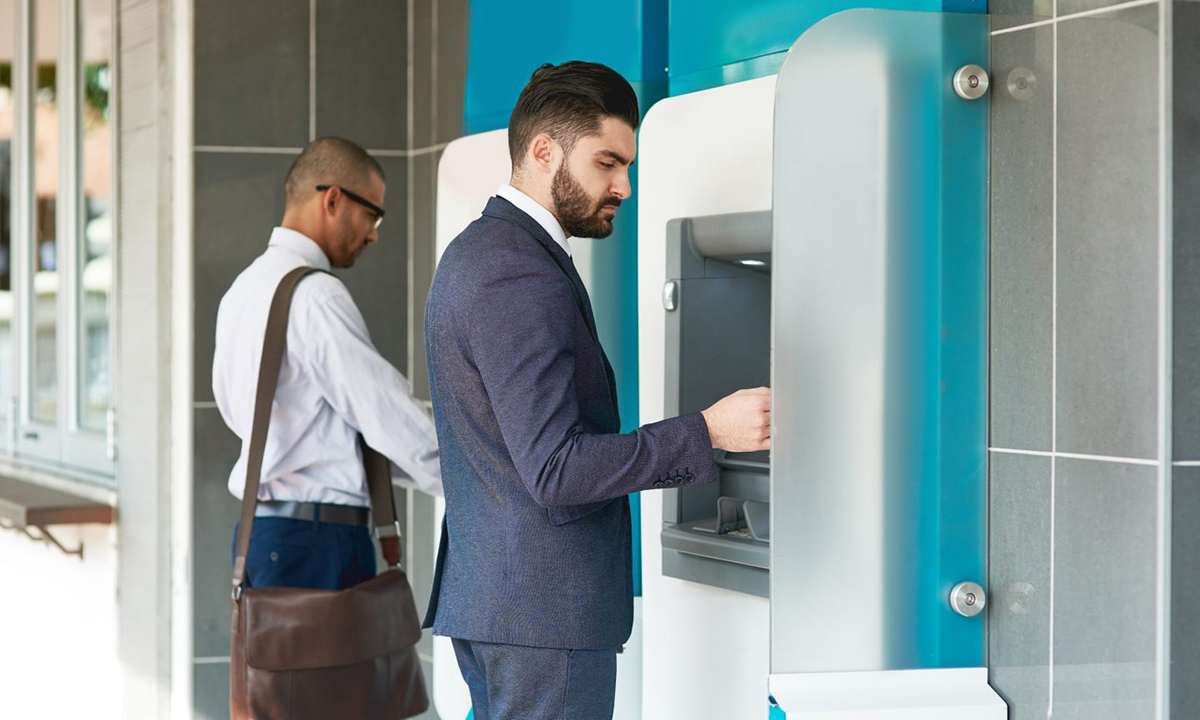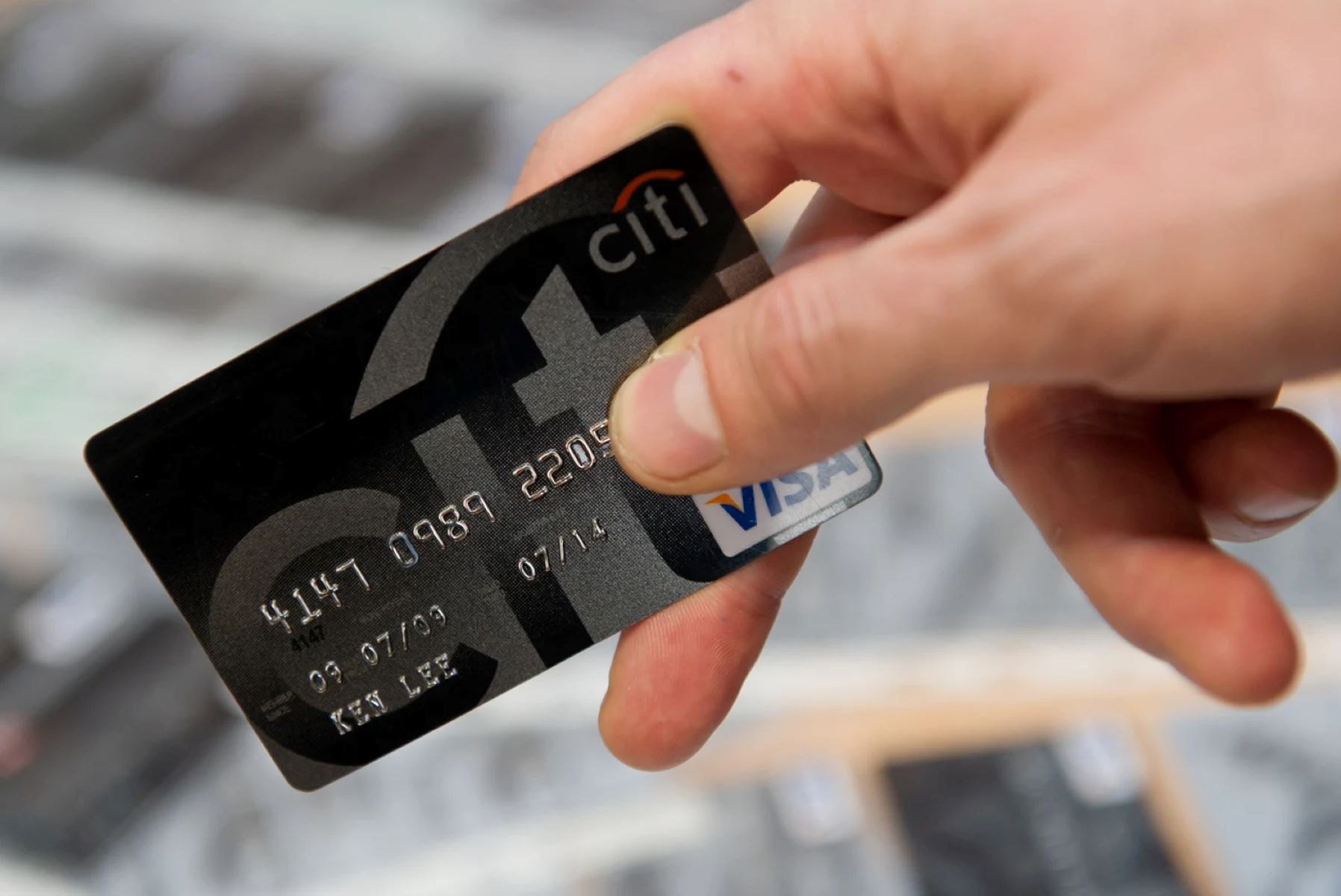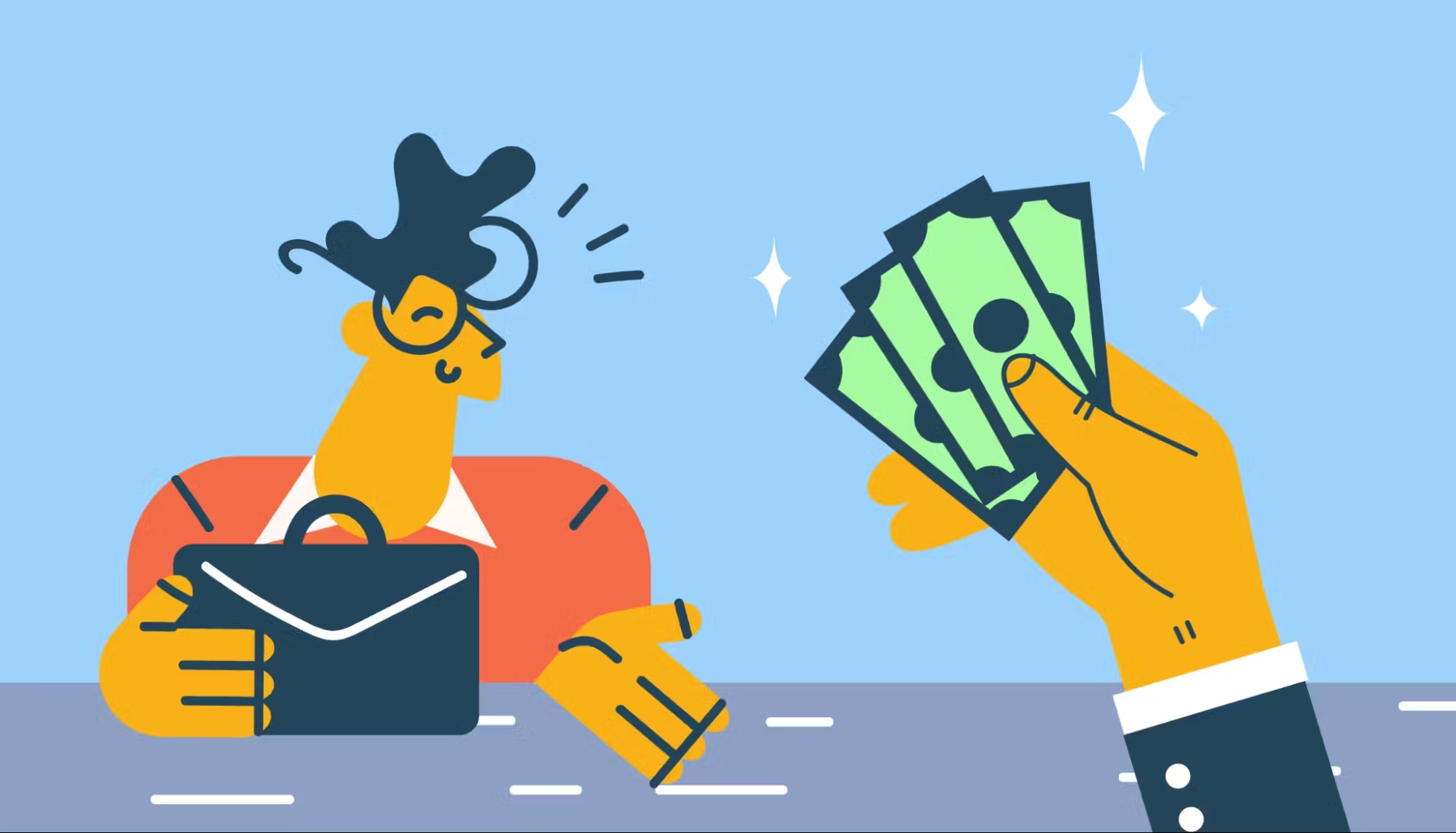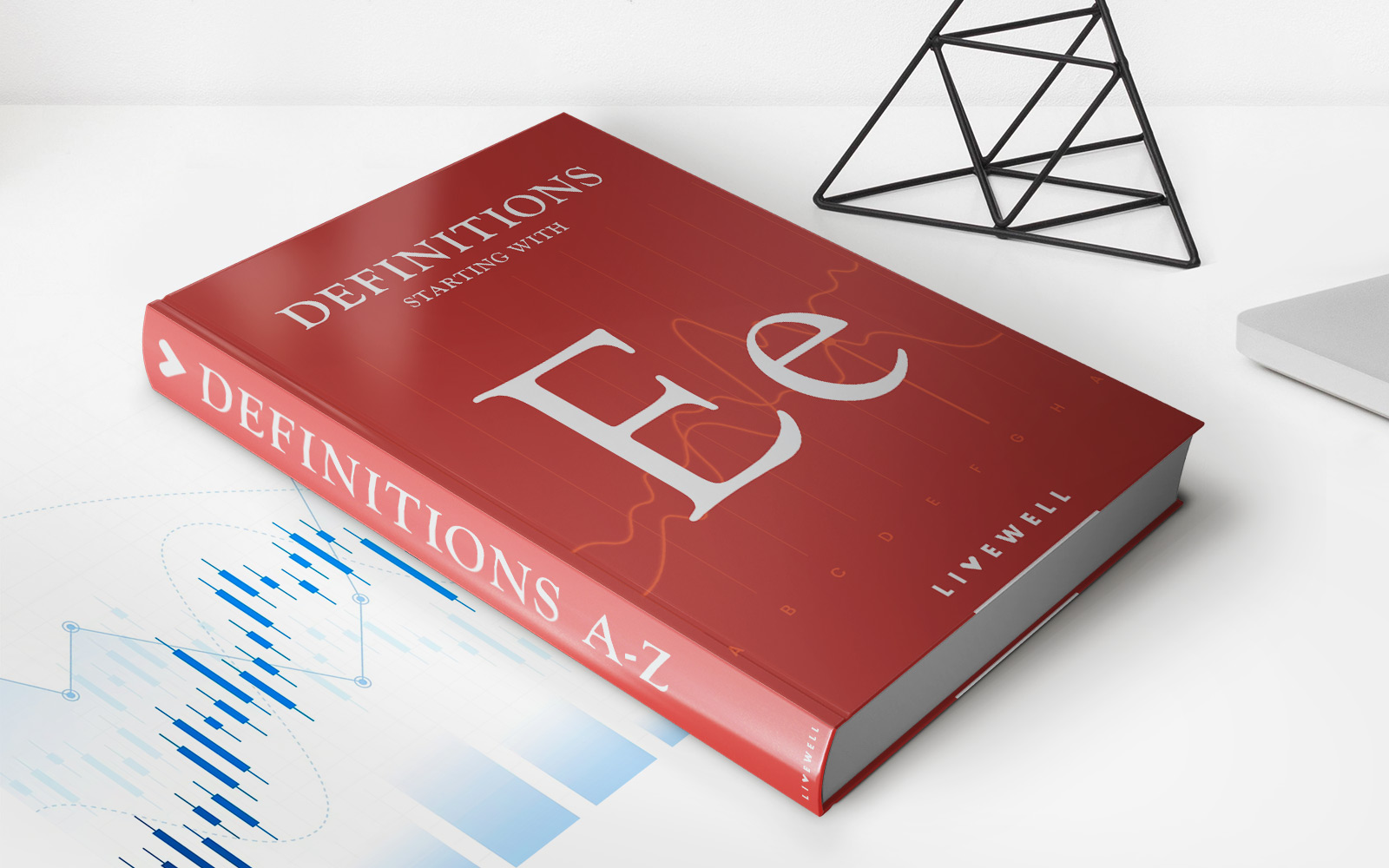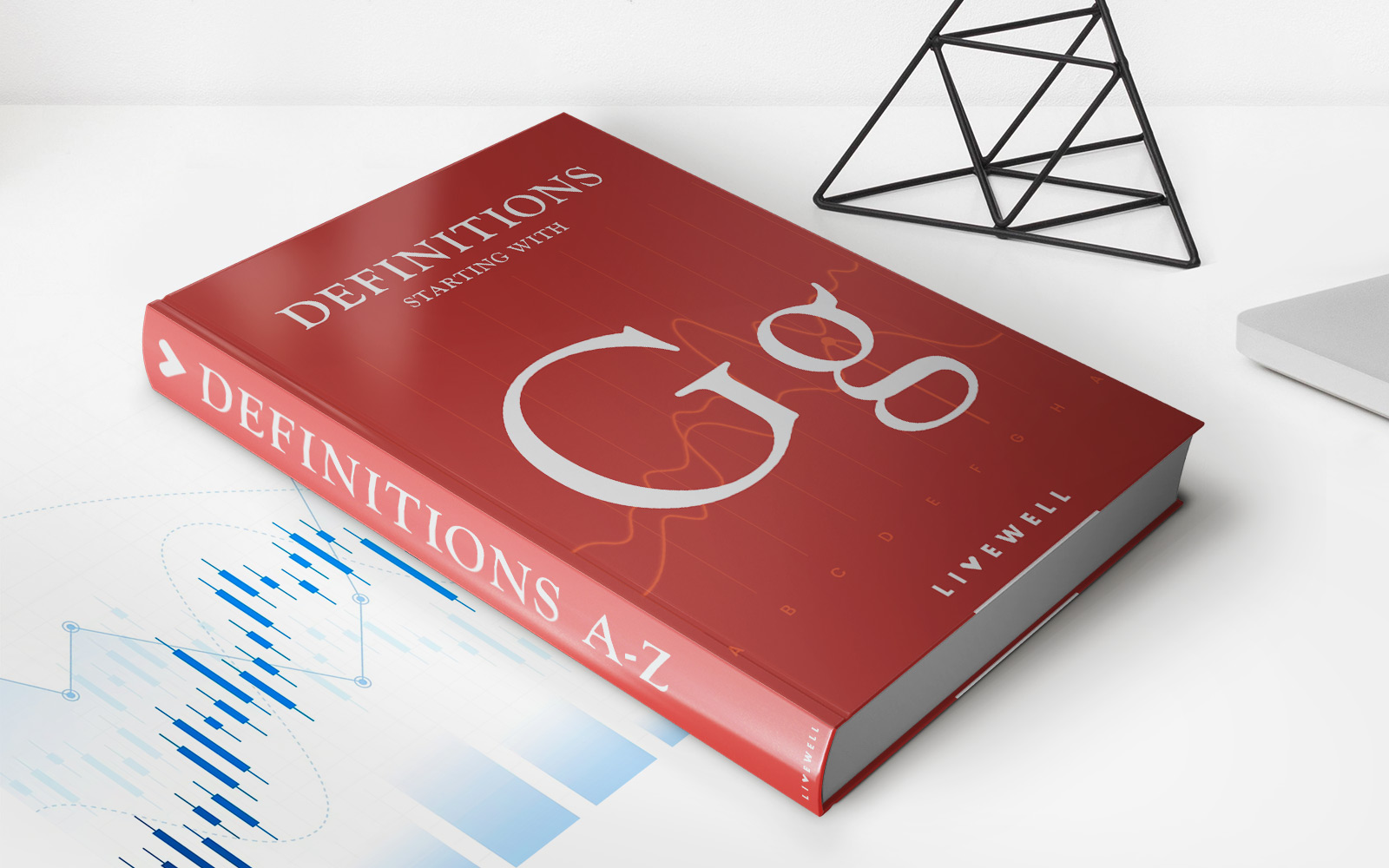

Finance
If You Don’t Use Your Credit Card What Happens
Published: November 4, 2023
Discover what happens to your credit card if you don't use it and how it can impact your finances. Explore the importance of staying active with your credit card to maintain a healthy financial status.
(Many of the links in this article redirect to a specific reviewed product. Your purchase of these products through affiliate links helps to generate commission for LiveWell, at no extra cost. Learn more)
Table of Contents
Introduction
Welcome to the world of credit cards—a financial tool that has revolutionized the way we make purchases and manage our finances. Credit cards offer convenience, flexibility, and the ability to build a credit history. However, not everyone fully understands how credit cards work and the potential consequences of not using them. In this article, we will explore the question, “What happens if you don’t use your credit card?”
Before we delve into the specifics, let’s first gain a better understanding of credit cards. A credit card is essentially a line of credit that allows you to borrow money from a financial institution to make purchases. Each time you use your credit card, you are essentially borrowing money with the expectation that you will repay it in full or make minimum monthly payments, depending on your agreement with the card issuer.
Now, let’s consider what happens when you stop using your credit card. Many people assume that if they don’t use their credit cards, nothing will change. However, this is not entirely true. In fact, there are potential consequences associated with inactivity on your credit card, which we will explore in detail shortly.
One important factor to keep in mind is the impact of inactivity on your credit score—the numerical representation of your creditworthiness. Your credit score plays a crucial role in determining your eligibility for various financial products, such as loans, mortgages, and even potential employment opportunities. With this in mind, it is essential to understand how non-usage of your credit card can affect your credit score and overall financial health.
In the following sections, we will discuss the potential effects of not using your credit card, both in terms of your credit score and the possible consequences that may arise. We will also provide some tips for managing unused credit cards to ensure you maintain a healthy financial profile. So, let’s dive in and discover what happens if you don’t use your credit card!
Understanding Credit Cards
Before we explore the implications of not using your credit card, it’s important to have a solid understanding of how credit cards function. Credit cards are a form of revolving credit, which means that you have a set credit limit that you can borrow against whenever you make a purchase.
When you use your credit card, you are essentially taking out a loan from the card issuer. The amount you spend is added to your outstanding balance, and you have the option to pay off this balance in full or make minimum monthly payments. If you don’t pay off the full balance, you will incur interest charges on the remaining amount, which can quickly accumulate if left unpaid over time.
One of the key advantages of credit cards is the grace period. This is the time between when you make a purchase and when the payment is due. During this period, usually around 21-25 days, you have the opportunity to pay off the balance without incurring any interest charges. However, if you don’t pay off the balance in full by the due date, interest will be applied to the remaining amount.
Furthermore, credit cards offer a range of additional benefits, such as rewards programs, cashback offers, and fraud protection. These perks can vary depending on the card issuer and the specific credit card you have.
It’s important to note that credit cards are not free money. It’s essential to use them responsibly and within your means to avoid accumulating excessive debt. By making timely payments and keeping your credit utilization ratio (the percentage of your credit limit that you utilize) low, you can maintain a positive credit history and improve your credit score.
Now that we have a better understanding of credit cards, let’s explore what can happen if you stop using your credit card and the implications it may have on your financial health.
What Happens If You Stop Using Your Credit Card?
If you stop using your credit card for an extended period of time, you may think that it will have no impact on your financial standing. However, there are a few important factors to consider.
Firstly, credit card issuers may close your account due to inactivity. While this may not seem like a big deal, it can actually have repercussions on your credit score. Closing a credit card account can decrease your overall available credit, which in turn can increase your credit utilization ratio. Credit utilization is an important factor that affects your credit score, and having a high ratio can lower your score. Therefore, it’s important to consider the potential impact of account closure if you plan on not using a credit card for an extended period.
Secondly, not using your credit card means you are missing out on potential benefits and rewards. If your credit card comes with a rewards program or cashback offers, you are essentially leaving money on the table by not utilizing these perks. Many credit card issuers also offer additional benefits such as insurance coverage, extended warranties, and purchase protection. By not using your credit card, you are foregoing these advantages.
Furthermore, not using your credit card can have an impact on your credit history. Credit history is a crucial component of your credit score, and having a long and positive credit history is beneficial. If you stop using your credit card and have no other lines of credit that are actively reported to the credit bureaus, your credit history may stagnate or even disappear over time. This can make it difficult to establish a solid credit profile, which may impact your ability to obtain credit in the future.
It’s important to note that simply using your credit card occasionally is not enough to mitigate the potential consequences of long-term inactivity. In order to maintain a healthy credit history and credit score, it’s recommended to use your credit card responsibly and make timely payments.
Now that we understand some of the potential effects of not using your credit card, let’s discuss whether inactivity can affect your credit score.
Can Inactivity Affect Your Credit Score?
Yes, inactivity on your credit card can indeed have an impact on your credit score. Your credit score is a numerical representation of your creditworthiness and is used by lenders to evaluate your creditworthiness when you apply for loans, mortgages, or other forms of credit.
One factor that contributes to your credit score is your credit utilization ratio, which is the percentage of your available credit that you are currently using. By not using your credit card, your utilization ratio remains at zero. While a low utilization ratio is generally considered positive, having no utilization at all may not necessarily be beneficial. Lenders like to see that you can responsibly manage credit, and not using your credit card can make it difficult for them to assess your creditworthiness.
Furthermore, your credit history plays a significant role in determining your credit score. It showcases your ability to manage credit over time. If you stop using your credit card, it can potentially result in a lack of recent credit activity, which can negatively impact your credit score. Creditors may view this as a lack of creditworthiness or an inability to handle credit responsibly.
It’s important to note that the impact of inactivity on your credit score may vary depending on the length of time you stop using your credit card. If you temporarily stop using your credit card for a few months, the effect may not be significant. However, if you stop using your credit card for an extended period of time, such as a year or more, the impact on your credit score may be more noticeable.
It’s crucial to maintain an active credit history and utilize your credit card responsibly to ensure that you have a positive credit score. This can be achieved by making timely payments, keeping your credit utilization ratio low, and using your credit card regularly but responsibly.
Now that we understand the potential impact of inactivity on your credit score, let’s discuss the potential consequences of not using your credit card.
Potential Consequences of Not Using Your Credit Card
While it may seem harmless to stop using your credit card, there are potential consequences that may arise from prolonged inactivity. Let’s explore some of the potential risks and drawbacks:
1. Account Closure: Credit card issuers may choose to close your account if there is no activity for an extended period. This can impact your credit score, as it decreases your available credit and potentially increases your credit utilization ratio. It’s important to note that closing an account can have a negative impact on your credit history and overall creditworthiness.
2. Loss of Rewards and Benefits: Many credit cards come with rewards programs, cashback offers, and additional benefits such as travel insurance or purchase protection. By not using your credit card, you forfeit these perks and lose out on potential savings and rewards.
3. Impact on Credit History: Using credit cards responsibly and consistently helps to build a positive credit history. By not using your credit card, you may not have any recent credit activity being reported to the credit bureaus. This can lead to a lack of recent credit history, which may make it difficult for lenders to assess your creditworthiness in the future.
4. Difficulty in Obtaining Credit: If you stop using your credit card and have no other active lines of credit, it can be challenging to establish credibility with lenders. This can potentially impact your ability to qualify for loans, mortgages, or other forms of credit in the future.
5. Decreased Credit Score: As mentioned earlier, inactivity can impact your credit score by reducing your credit utilization ratio and potentially leading to a lack of recent credit history. These factors can contribute to a lower credit score, which may affect your ability to access favorable interest rates or secure credit in the future.
It’s important to note that the severity of these consequences may vary depending on the length of inactivity and individual credit profiles. However, it is generally recommended to use your credit card responsibly and consistently to maintain a healthy credit profile.
Now that we have explored the potential consequences of not using your credit card, let’s discuss some practical tips for managing unused credit cards.
Tips for Managing Unused Credit Cards
If you have unused credit cards or plan to stop using a particular credit card, it’s important to manage them wisely to minimize any negative impact. Here are some tips to help you effectively manage your unused credit cards:
1. Keep the Account Open: Instead of closing the account, consider keeping it open. Closing a credit card account can have a negative impact on your credit score, so it’s generally advisable to keep the account open unless there are compelling reasons to close it.
2. Monitor the Account: Even if you’re not actively using a credit card, it’s important to monitor the account regularly. Check for any unauthorized charges, ensure your contact information is up to date, and review your account statements for accuracy.
3. Use the Card for Small Purchases: To prevent the credit card issuer from closing the account due to inactivity, use the card for small purchases from time to time. Make sure to pay off the balance in full before the due date to avoid interest charges.
4. Set Up Automatic Payments: To ensure that you never miss a payment, set up automatic payments for at least the minimum amount due. This will help maintain a positive payment history and avoid late payment penalties or negative marks on your credit history.
5. Consider a Balance Transfer: If you have multiple credit cards, you may want to consolidate your balances onto a single card with favorable terms. This can help simplify your finances and make it easier to manage your credit cards. However, be cautious of any balance transfer fees and ensure that you have a plan to pay off the transferred balance.
6. Review Your Credit Card Portfolio: Regularly assess your credit card portfolio to determine if you have too many unused or unnecessary cards. Closing a credit card should be a last resort, but if you have cards that you no longer need or use, it may be beneficial to close those accounts.
7. Keep Your Credit Score in Mind: Whenever you make decisions regarding your credit cards, keep your credit score in mind. Aim to maintain a low credit utilization ratio and a positive payment history. These factors play a significant role in determining your creditworthiness.
Remember, the key is to approach credit cards with responsibility and mindfulness. By managing your unused credit cards effectively, you can maintain a healthy credit profile and avoid any potential negative consequences.
Now that we have covered tips for managing unused credit cards, let’s conclude our discussion.
Conclusion
In conclusion, it’s important to recognize that not using your credit card can have potential consequences on your overall financial health. While it may seem harmless to stop using a credit card, it’s essential to understand the potential impact on your credit score and credit history.
By not using your credit card, you risk account closure, loss of rewards and benefits, and a potential decrease in your credit score. It can also make it more challenging to obtain credit in the future and may lead to a lack of recent credit history that can affect your creditworthiness.
To effectively manage unused credit cards, consider keeping the accounts open, monitoring them regularly, using the card for small purchases, and setting up automatic payments. It’s also important to review your credit card portfolio periodically and make informed decisions based on your credit score and financial goals.
While it’s generally recommended to utilize credit cards responsibly, it’s equally important to find a balance that works for you. If you have multiple credit cards or cards that you no longer use, consider closing unnecessary accounts while being mindful of the potential impact on your credit score.
Remember, your credit score is a valuable asset that can impact various aspects of your financial life. By understanding and managing your credit cards effectively, you can maintain a positive credit profile and enhance your financial well-being.
So, the next time you wonder what happens if you don’t use your credit card, keep in mind the potential consequences discussed in this article. Approach credit cards with responsibility and make informed decisions to ensure a healthy financial future.



